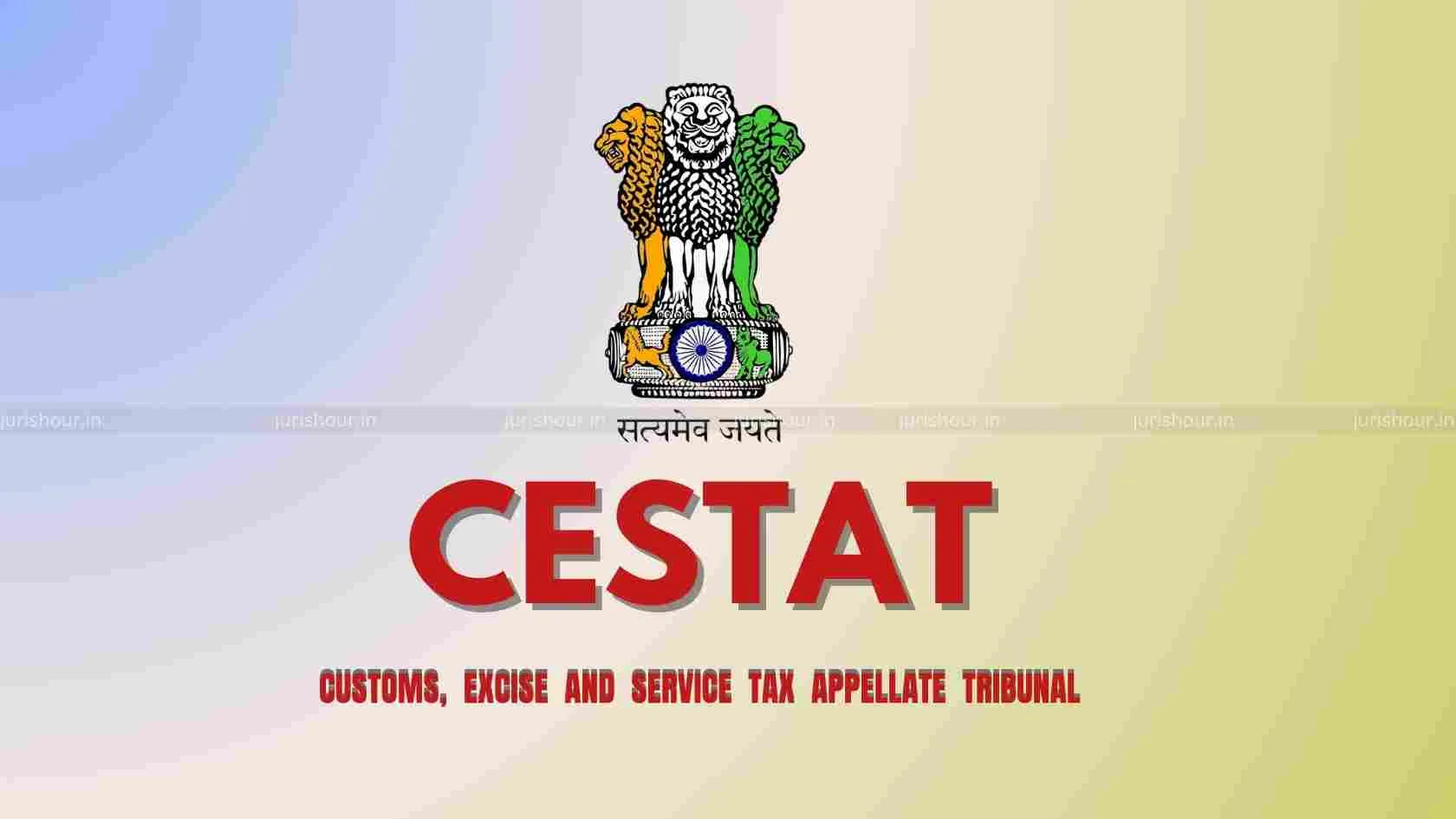The Customs, Excise & Service Tax Appellate Tribunal (CESTAT), New Delhi, has upheld a service tax demand of Rs. 1.92 crore for allegedly misclassifying taxable services as sale of Development Rights (DRs) related to wind energy projects.
The bench of Dr. Rachna Gupta (Judicial Member) and Mr. P.V. Subba Rao (Technical Member) dismissed the appeals filed by the companies, confirming the adjudication order passed by the Directorate General of GST Intelligence (DGGI) in 2017.
The bench found that the appellants were not selling immovable property, as claimed, but were in fact rendering “Business Support Services” (BSS) to their group entity, EIL/WWIL, under the guise of transferring DRs.
VWILLP and J.N. Investments were floated by Enercon (India) Ltd. to assist in the development of wind farm projects by securing land allotments, regulatory approvals, and conducting site feasibility studies. These “Development Rights” were subsequently transferred to the parent company under agreements dated 22.09.2010 and 11.03.2011, for a total consideration of ₹1.94 crore.
The department alleged that the transactions were camouflaged to evade service tax. Investigations revealed that the appellants received funding from EIL/WWIL to carry out these tasks and transferred the results back to the parent company—suggesting an outsourced service model, not a sale of goods or immovable property.
The Tribunal rejected the appellants’ contention that the transfers constituted a sale of immovable property, thereby falling outside the ambit of service tax under Section 65B(44) of the Finance Act, 1994. While the appellants argued that DRs were akin to benefits arising from land, the Tribunal ruled otherwise.
The bench noted the so-called DRs were not independent development entitlements, but the result of structured activities performed exclusively on behalf of EIL/WWIL. Agreements claimed to transfer “developer permissions” did not grant independent rights; rather, the appellants acted as facilitators or agents. The funding for all the groundwork came directly from EIL/WWIL, and the resultant permissions could not be lawfully transferred to third parties under state energy policies.
The tribunal held that activities performed—including wind monitoring, feasibility studies, land acquisition, and evacuation planning—constituted taxable BSS, and not a mere transfer of property.
The Tribunal also observed that the agreements were drafted with the intent to mislead tax authorities and suppress the actual nature of the transaction.
The Tribunal upheld the invocation of the extended limitation period under Section 73 of the Finance Act, citing deliberate suppression of facts and misrepresentation.
The CESTAT dismissed the appeals by both J.N. Investments and VWILLP and the Rs. 1.92 crore service tax demand, along with equivalent penalties under Section 78(1), was upheld.
Case Details
Case Title: M/s J.N. Investments & Trading Company Private Limited Versus Additional Director General (Adjudication)
Case No.: Service Tax Appeal No. 52875 of 2019
Date: 11/07/2025
Counsel For Appellant: Aarya More
Counsel For Respondent: Mihir Ranjan, Special Counsel

